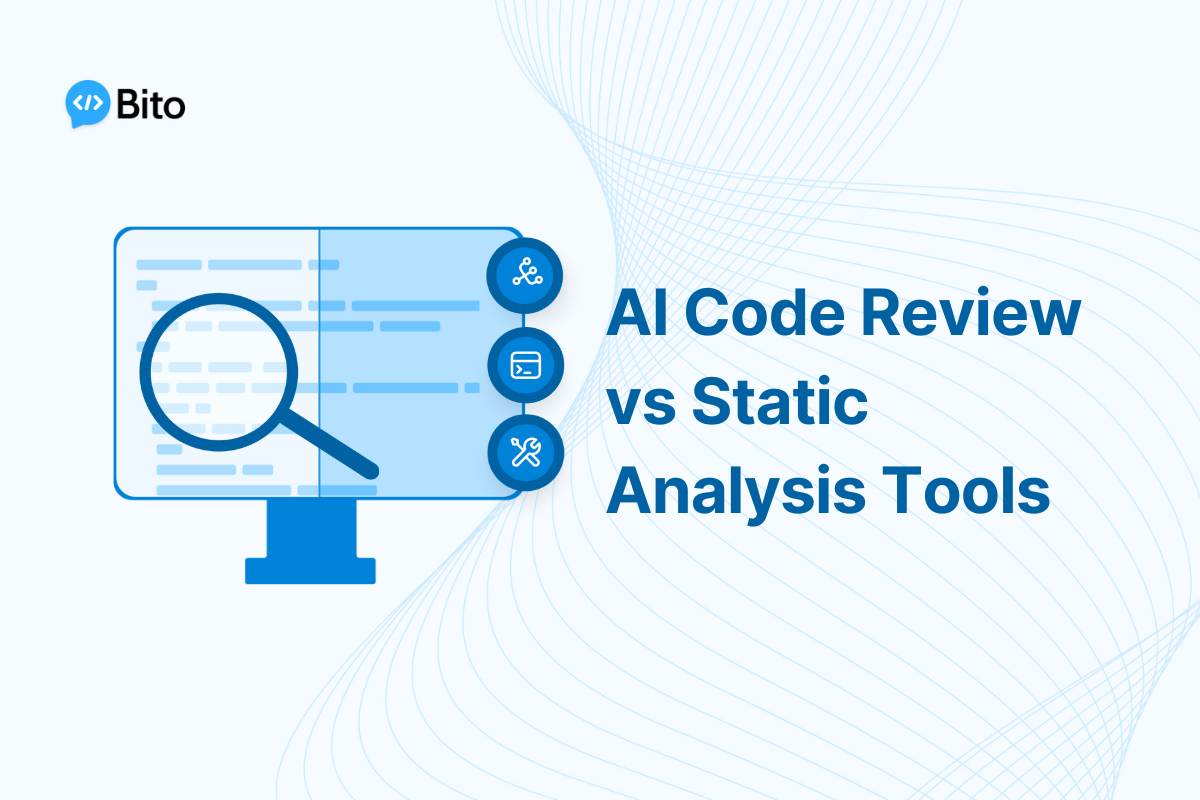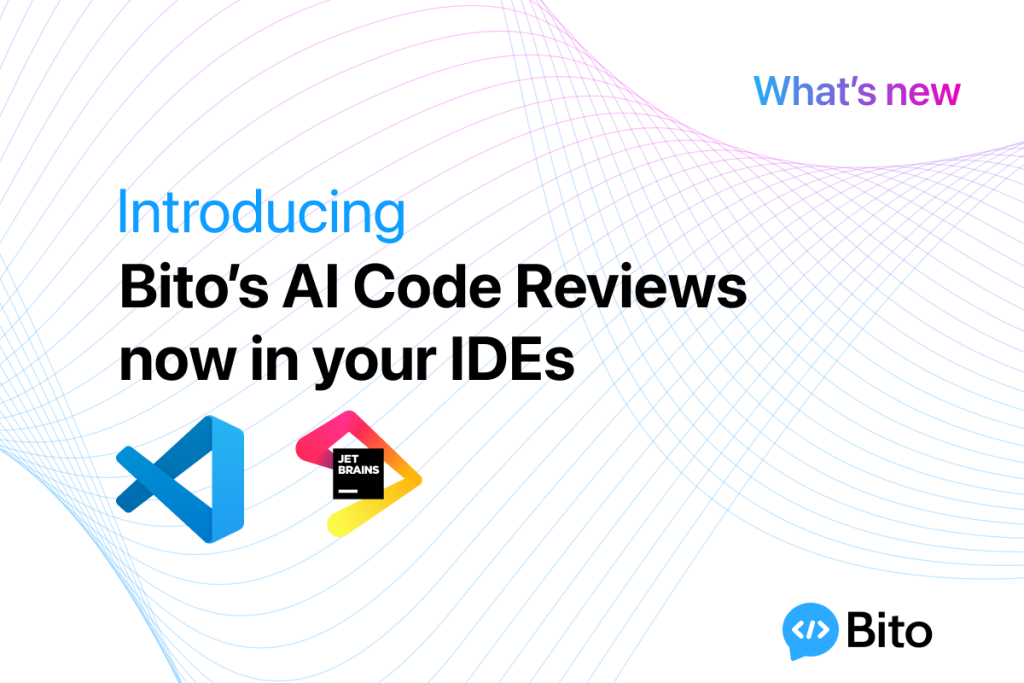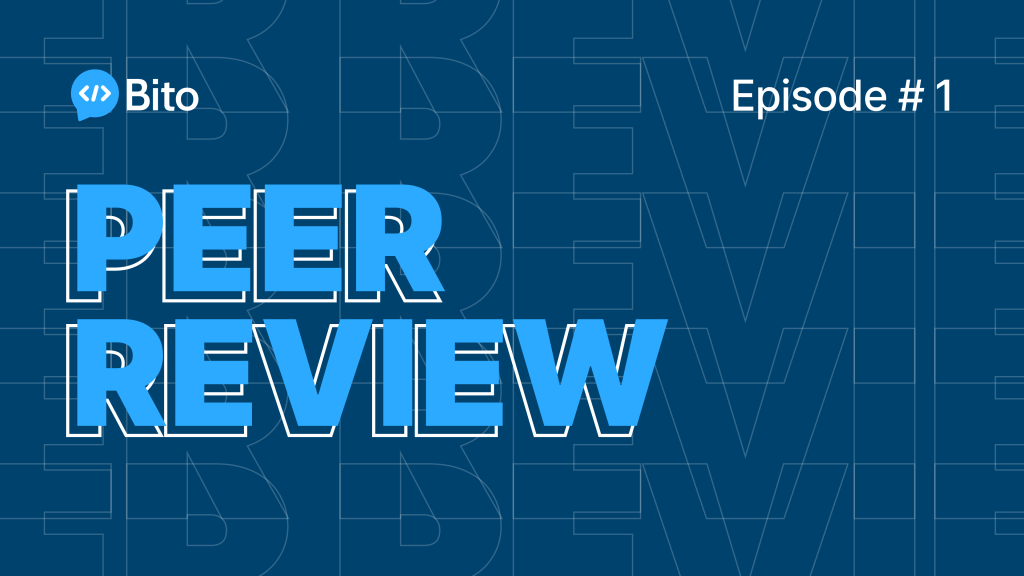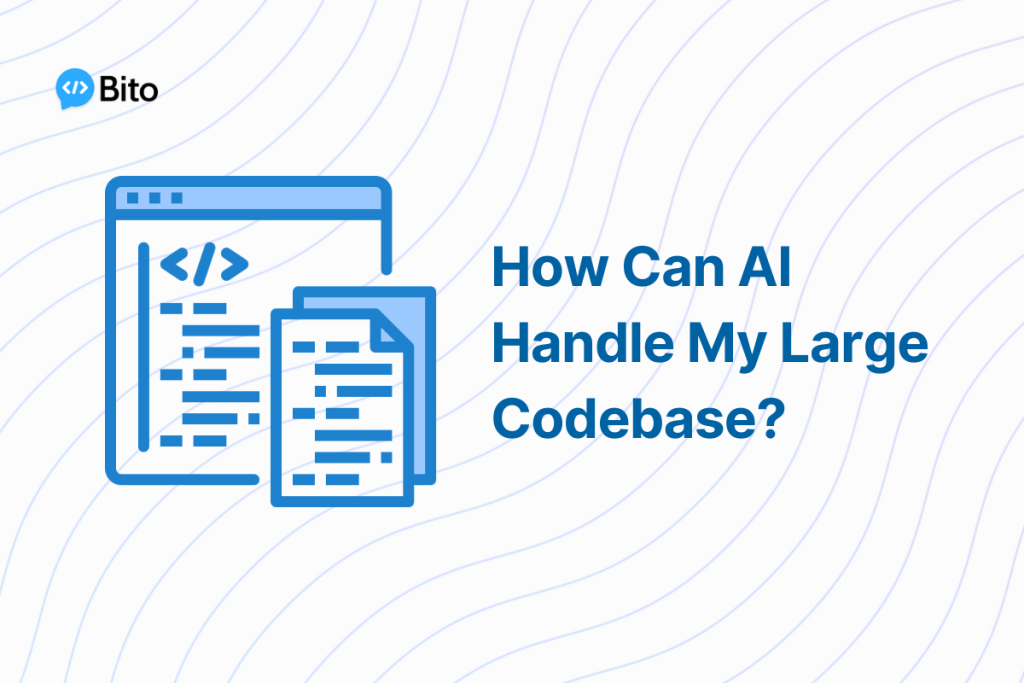The landscape of code review and quality assurance in software development is witnessing a transformative shift with the advent of generative AI-based tools. These tools, leveraging the power of large language models (LLMs) like GPT-4 and Claude 3, offer a new set of capabilities beyond the traditional bounds of static code analysis tools such as SonarQube. This evolution marks a significant departure from rule-based, deterministic methodologies to a more flexible, context-aware approach, enabling a deeper, more nuanced engagement with code review processes.
Contrasting Approaches and Methodologies
Static code analysis tools, by design, scrutinize source code without execution, identifying bugs, vulnerabilities, and anti-patterns based on a set framework of predefined rules. This deterministic approach ensures consistent detection of known issues but is constrained by the limitations of its rule set. Extending its capabilities necessitates the manual addition of new rules or patterns, tethering its adaptability to human intervention.
Conversely, generative AI-based tools, typified by AI-driven code review agents, are much more dynamic in nature. These tools understand the context and intent behind code segments, and bring the reasoning capabilities of Generative AI. They provide suggestions and corrections based on knowledge, rather than rules, learned from extensive datasets. This probabilistic approach allows for real-time adaptation to new programming paradigms, styles, and patterns without the need for explicit rule updates. The flexibility and adaptability of AI-based tools signify a leap towards a more intuitive, learning-driven code review mechanism.
A New Paradigm in Error Detection and Recommendations
The precision of static code analysis in identifying syntactical errors and potential vulnerabilities is unmatched. However, its scope is inherently limited to its pre-programmed knowledge base. AI-based tools, with their capacity to suggest nuanced improvements and generate code snippets for complex functionalities, introduce a broader spectrum of error detection and recommendation. These tools are not just about identifying issues but enhancing code quality through intelligent, context-aware insights.
Integrating AI into the Development Lifecycle
The integration of static analysis tools into the CI/CD pipeline serves as a critical checkpoint for maintaining code quality and security standards. In contrast, AI-based code review agents, with their real-time suggestion capabilities, act as virtual collaborators. These agents enrich the development process, offering a seamless feedback loop that traditional tools cannot provide.
Learning, Configuration, and Deployment
Deploying static analysis tools requires a degree of initial setup and customization, tailoring their analysis to the specific needs of a project or team. This setup phase, although sometimes complex, results in a tool that consistently applies the team’s standards. AI-based tools, in comparison, are designed for ease of use and require minimal initial configuration. They offer a more accessible entry point for developers, providing detailed recommendations taking into account the codebase that they are coming from and the intent of the code changes being made.
Coverage, Depth, and the Future of Code Review
The thoroughness of static analysis tools in their domain is indisputable, providing deep insights within their coverage area. AI-based tools, however, promise a more extensive range of detection with varying depth, influenced by their training data and the capabilities of the underlying model. This broad but potentially variable coverage introduces a complementary tool in the developer’s arsenal, aimed at enhancing creativity and solving complex coding challenges. Ideally, AI code review could also take as input the recommendations from static analysis tools, and then apply its intelligence to that.
In Practice: AI-Based Tools at Work
The practical application of AI in code review is best illustrated through examples of AI-driven suggestions in open-source pull requests. For instance, Bito’s AI Code Review Agent was run on various PRs from Apache Dubbo and Netty, which showcases its ability to identify and suggest improvements beyond the reach of static analysis. These instances highlight the agent’s nuanced understanding and the value it brings in refining code quality through intelligent insights.
Conclusion: A Synergistic Future?
The emergence of AI-based tools does not render static code analysis obsolete; rather, it signifies an expansion of the toolkit available to developers. The strengths of each approach complement the other, offering a more comprehensive framework for ensuring code quality and security. As software development continues to evolve, the integration of AI into code review processes represents a real advancement, harnessing the best of both worlds to achieve higher standards of software quality and innovation.
In summary, the future of code review lies in the integration of deterministic, rule-based analysis with the dynamic, context-aware insights provided by generative AI. This dual approach empowers developers to navigate the complexities of modern software development with greater efficiency and precision.
Here are some examples of Bito’s AI Code review agent running on open-source PRs. Below I am pointing out some suggestions that AI finds, but static analysis would not find these items.
- Code Review Agent summary: https://github.com/apache/dubbo/pull/13973#issuecomment-2018959962
Some specific examples:- https://github.com/apache/dubbo/pull/13973#discussion_r1538266993 – static analysis may or may not identify this
- https://github.com/apache/dubbo/pull/13973#discussion_r1538266990 – this wouldn’t be identified by SAST, but is identified by AI
- Code Review Agent summary: https://github.com/netty/netty/pull/13552#issuecomment-2018915066
Some specific suggestions:- https://github.com/netty/netty/pull/13552/files#r1538239969 – this wouldn’t be identified by SAST, but is identified by AI
- https://github.com/netty/netty/pull/13552/files#r1538239972 – this wouldn’t be identified by SAST, but is identified by AI
- https://github.com/netty/netty/pull/13552/files#r1538239971 – this wouldn’t be identified by SAST, but is identified by AI
- https://github.com/netty/netty/pull/13552/files#r1538239966 – this wouldn’t be identified by SAST, but is identified by AI
- https://github.com/netty/netty/pull/13552/files#r1538239967 – this wouldn’t be identified by SAST, but is identified by AI
Drop me a note, I’d love to understand what similarities and differences you see.
 Faster, better AI-powered code reviews. Start your free trial!
Faster, better AI-powered code reviews. Start your free trial! 






